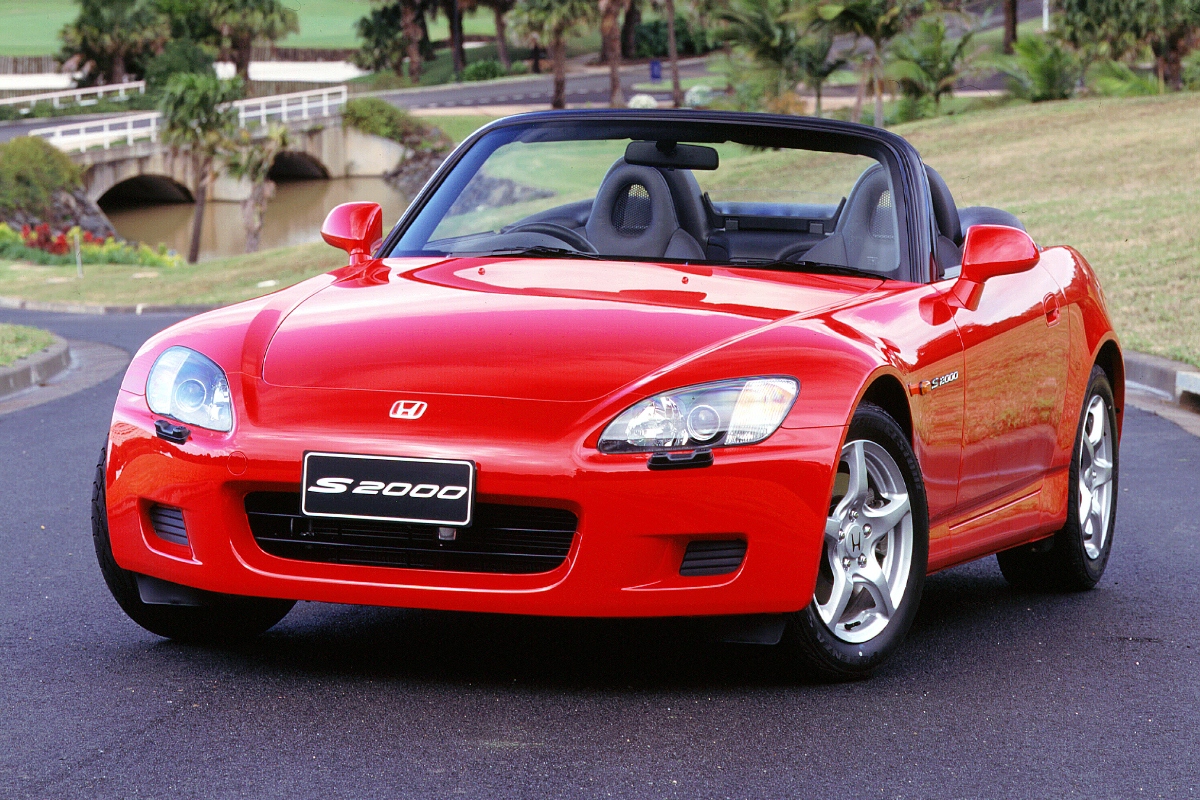
It’s extraordinary to me just how bland Honda has become. It’s like they are trying very hard to reinvent themselves as a Japanese version of Hyundai circa 2000. How and why has this happened?
For decades Honda represented the pinnacle of not just Japanese automotive engineering, but world class, cost effective, mechanical engineering on a far wider scale. Wind the clock back to the late 1960s and the copy-cat mentality, that was openly a part of the development of the post-war Japanese two and four wheeled industry, was fast falling away in the case of Honda.
Whilst, on four wheels Honda rolled out some technically advanced engineering marvels (inc. F1 engines and even chassis) in the mid-1960s, it was really the introduction of the CB750 motorcycle at the Tokyo Motor Show in 1968 that demonstrated the ability of the company to not only create a masterpiece but also to mass produce it and sell it at a price that simply smashed the opposition. This bike was pretty much singlehandedly responsible for signaling the demise of the British motorcycle industry.
Later, on four wheels, Honda showed the same innovative approach that gave us the CB750 with cars such as the Civic (in so many iterations), the CRX, the S2000 and the fabulous, original, NSX. Ideas such as CVCC (basically improved combustion technology), VTEC valve trains and four-wheel steering (they were first to production) rightly enhanced the image of Honda as technology leaders on the world stage.
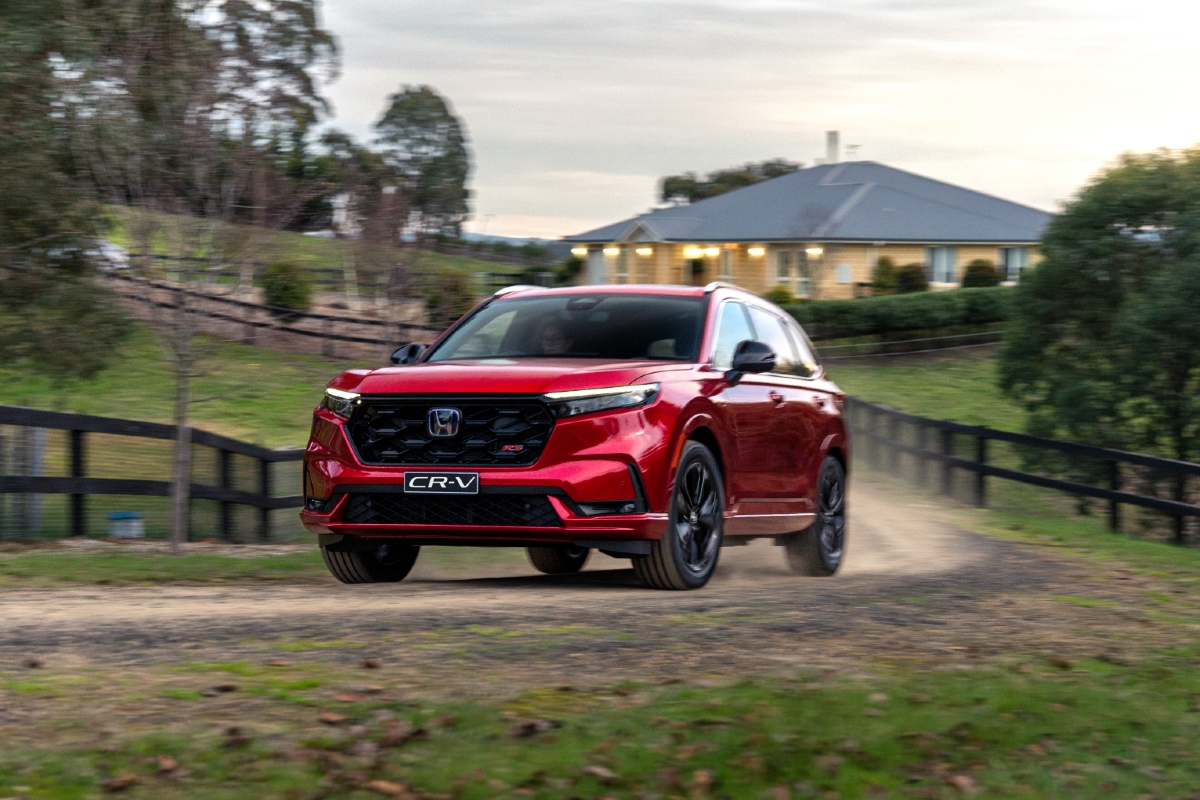
They even “invented” , along with Toyota and the RAV4, the urban so-called SUV in 1995 with the CR-V. The CR-V was refreshingly different though, in it’s original Japanese specification with it’s external spare wheel (to increase interior space), it’s column mounted gearshift and walk through area between the front seats.
Meanwhile, Honda became the biggest manufacturer in the world of internal combustion engines, god bless them, as they launched not only ever more new motorcycle models, but also generators, water pumps, outboards and mowers to name a few.
But today, there’s one single desirable car in their range today – the Civic Type R. That’s it. And even this Civic should really be called an Accord, given it’s size. There was a time when the top of the range Civic was a bargain. Not anymore. It’s a $70,000 + motor car today here and consequently sells in small numbers.
For sure demand is high, but only because supply is low.
So why are Honda now producing some of the dullest cars on the market today? From where I sit, and remember this is an opinion, they’ve lost their way and forgotten what they stand for.
Rather than striving for the pinnacle of engineering excellence, it appears that they have sought to engage in the very same parts of the market as brands such as Toyota and Hyundai, but without any advantages over them. There’s no technological reason to buy a Honda anymore. So, why buy one? Purchasing decisions based on price, dealer network and warranty etc are going to favour the likes of Toyota and Hyundai.
The latest breed of so called SUVs from Honda also look increasingly similar to offerings from Chinese brands. That’s not where they need to be especially given that their Chinese market sales have been dropping fast for the last three years or so.
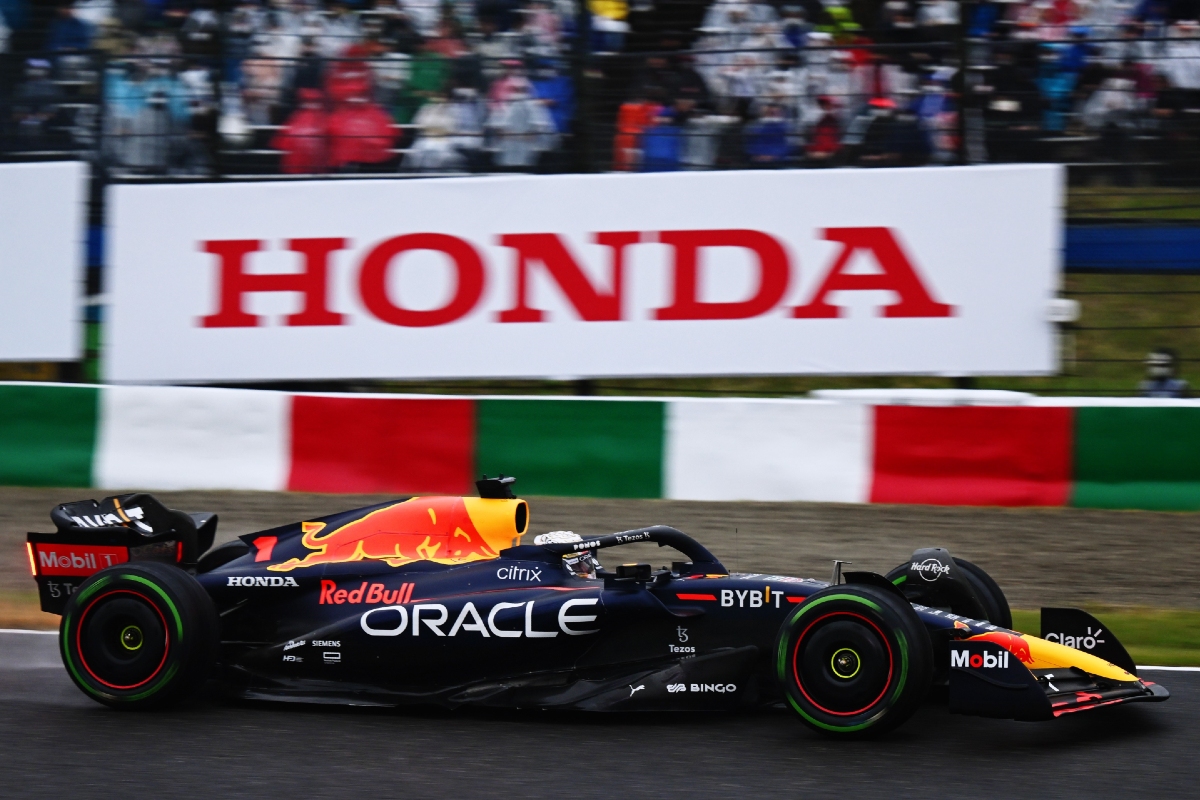
At the same time, Honda engines are smashing it out of the park in Formula 1 in the back of the Red Bull cars. From a difficult start back in 2015 with McLaren, Honda have developed their power unit to be the benchmark. Plus they plan to stay in F1 (with the Aston Martin team) into the era of the next set of technical regulations in 2026.
So, when can we expect them to start reflecting their undoubted engineering prowess in their road cars again? Surely, Honda’s need to re-establish their real technology based brand identity has never been more important, given the increasing encroachment of, not only the highly able Korean brands, but also the masses from China, across the world markets.
Of course, here in Australia, Honda appears to be in long-term decline as sales have slipped by two-thirds over the last decade. Whilst some of this must reflect their adoption of the agency model with their dealers and the subsequent reduction in retail outlets across the country, if the products were stand outs in a crowded market they’d sell no matter what. But they’re not.
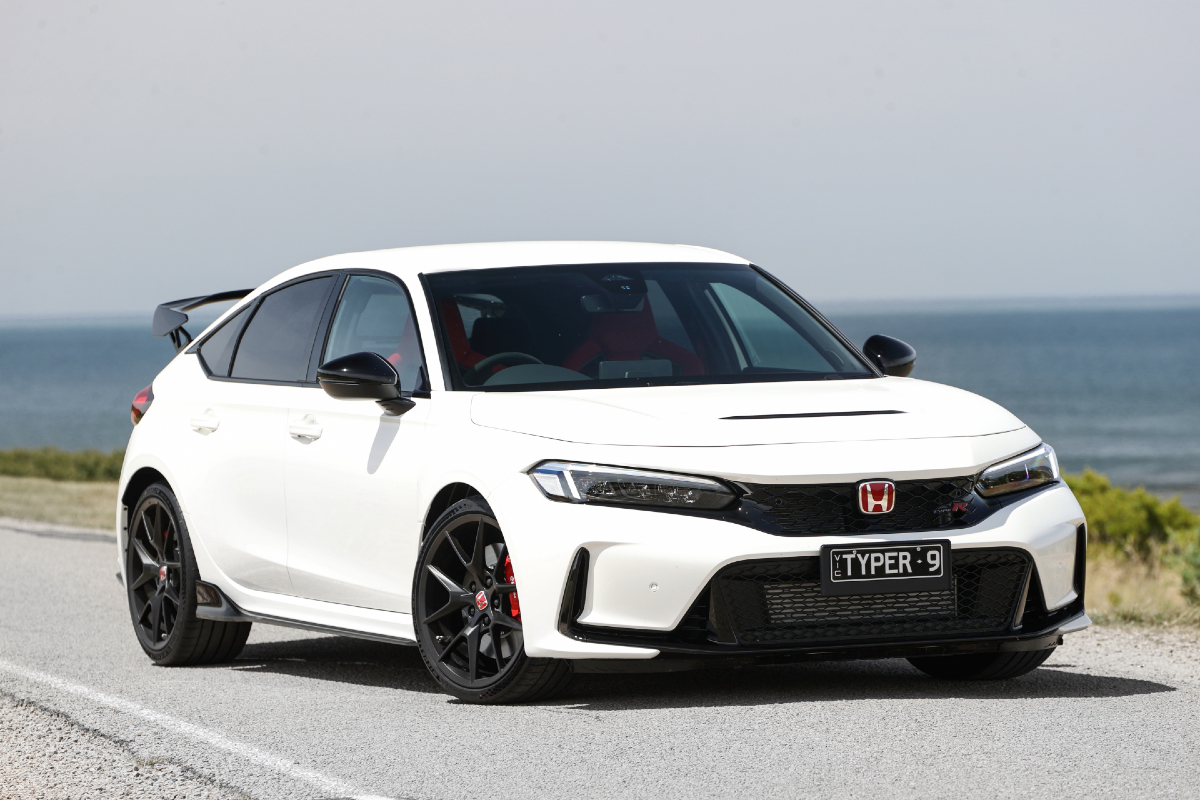
Unfortunately, for a Honda fan like me, the situation is reminiscent of the fate of another once great brand, Citroen. Whilst Citroen cars still sell well in France (like Hondas in Japan), the interest in the brand further afield has tailed off since those heady days of daring-to-be-different with even a mid range family car such as the fabulous GS in the ’70s and ’80s.
I only hope that, somewhere in the Honda HQ in Aoyama, Tokyo, there are people working on reinvigorating the brand through great products, not just marketing flannel. But it worries me to see them announcing a tie-up with Nissan on electric vehicles. The average Nissan has been as dull as ditchwater for decades with only the relief of the GT-R to get excited about, but even that has just become an overweight behemoth. Honda shouldn’t need Nissan.
It’s unbelievable really, looking back to the heady days of 30 years ago, but Toyota makes much more interesting cars today than Honda. That would have been unthinkable in the 1990s.






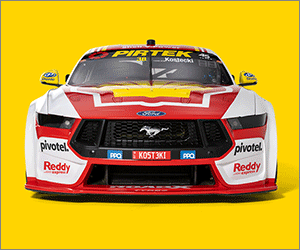




Discussion about this post